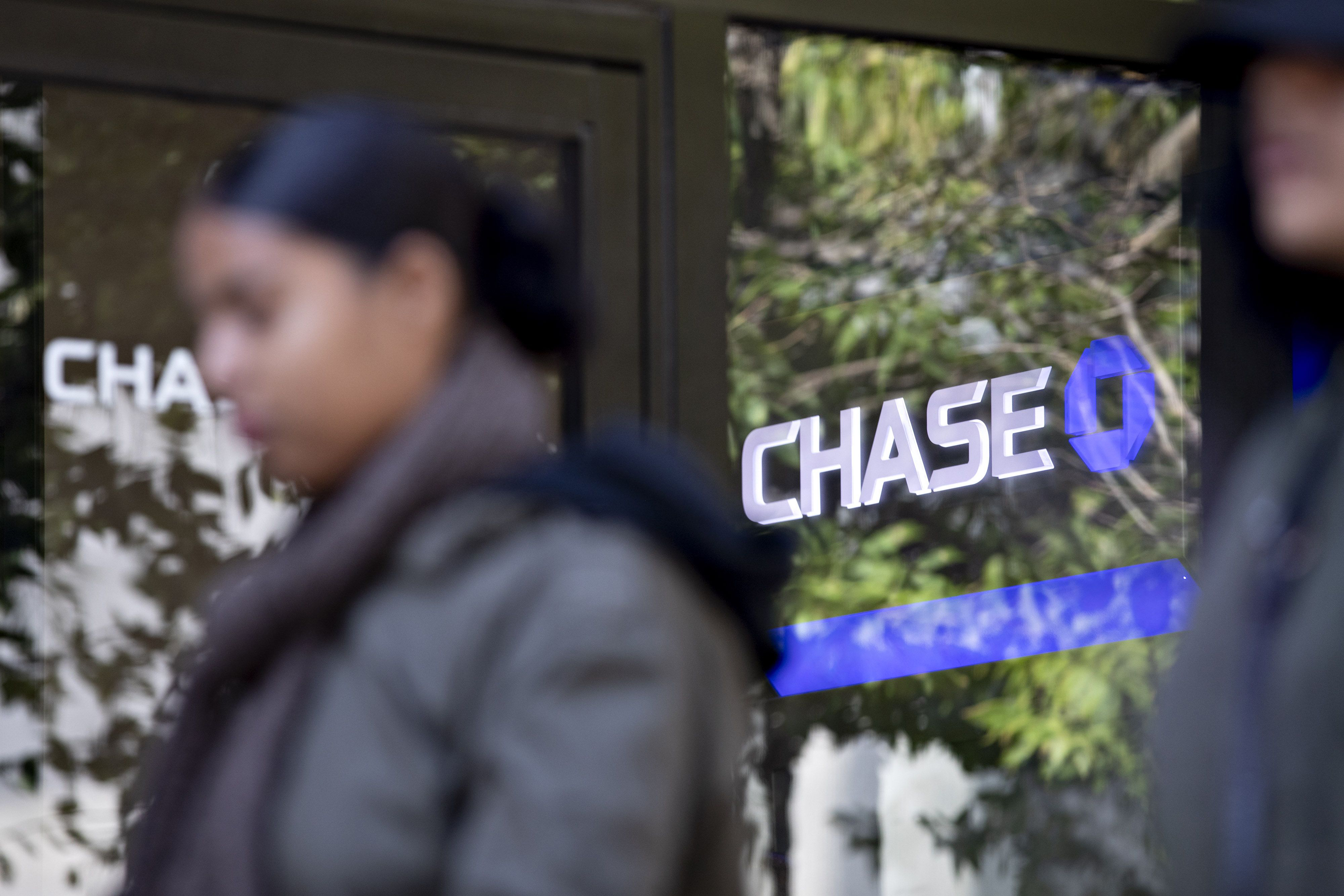As the rollercoaster that is 2020 brings ups, downs and twists that impact people, businesses and nations, hiring in the accounting and finance industry is experiencing its own wild ride. At the beginning of this year, all signs pointed to a tight and challenging labor market for hiring qualified finance and accounting professionals. Fast forward to today, and much has changed about the employment landscape and what candidates are looking for.
When the coronavirus was first gaining momentum, the consensus we heard from accounting and finance hiring managers was this would be a short-term challenge that wouldn’t impact long-term business operations. However, after a few months of shutdowns, companies realized the pandemic would not dissipate quickly as the economy continued to fall. Companies began to put many projects on the back burner with the expectation that project work would resume in June or July once employees returned to work. As the country has begun to accept a new normal of working remotely, companies realized those key projects can no longer be put on hold — resulting in new job opportunities for accounting and finance professionals.
To put accounting hiring in perspective, the unemployment rate for accounting and finance positions in August was 5.7 percent, compared to a national unemployment rate of 8.4 percent overall. Additionally in August, there was a 10 percent increase in online job postings for accountants and auditors, primarily in industries such as construction, life sciences and agriculture. For example, public road projects are booming and we’re seeing a need for experienced professionals to help with purchasing inventory and contracts for state and local highway administrations.
Ali Baydoun, a partner at UHY, is a leader in the firm's enterprise business services practice, where he delivers advisory, tax and attest services to middle-market clients in various industries. He provides audit and assurance services as well as crisis management services.
Aryan Sheikhalian is head of research at CMT Digital.
How has the hiring market shifted?
Before the pandemic, accounting and finance professionals actively searched for better opportunities that would provide higher compensation or the chance to work with new software. Once the pandemic hit, employees worried about company layoffs and hesitated to seek new opportunities. Over the past month, accountants have once again begun looking for new roles, searching for companies whose business values align with what they find important. Workplace flexibility and a robust communication plan now matter most. Employees are also paying close attention to how companies respond to the coronavirus pandemic crisis as a business and an employer.
The role of workplace flexibility
Successfully transitioning to remote talent takes a new way of thinking. As some offices remain closed to help slow the spread of the coronavirus, working remotely isn’t the only consideration — recruiting, interviewing, hiring and onboarding are also being completed virtually. Implementing a virtual onboarding program can be key to your new hire’s success. Video chats can help beyond the interview process. Use video chat to welcome, onboard and train new hires the way you normally would in person. Now may be a good time to revisit your new hire program and to make adjustments, keeping in mind new needs for communication and flexibility.
The power of proactive communication
Proactive communication is key, especially during the pandemic. With a staffing partner, recruiters typically spend time coaching employees on the importance of communication and how to communicate with their managers. With so many employees working virtually, managers need to be able to determine when projects are completed. An action plan and proactive check-ins can help eliminate ambiguity between managers and their employees.
In these uncertain times, companies who aren’t aware of the evolving hiring market for accounting professionals may struggle to find qualified talent for their roles. Job seekers are watching to see how your company responds to the pandemic and are looking for more flexibility and communication as they navigate through challenges. By proactively communicating, providing workplace flexibility and building a strong virtual onboarding program, you can still find qualified workers to meet your accounting and finance needs.






